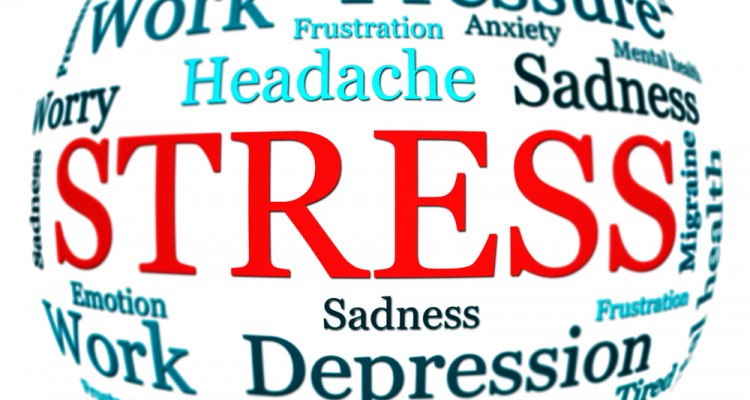Stress
Stress has become a major part of modern life for many people.
We all encounter some form of stress on a day-to-day basis, and sources of stress may be a physical, emotional or psychological stimulus that requires a response or change in how we think, feel or perform. How we perceive these stresses can have quite an impact on our physiological response.
A little bit of stress or excitement is manageable and even enjoyable at times when it can add some excitement to life, but it becomes a problem when it seems ‘too much’, our coping mechanisms begin to falter and we may start to feel overwhelmed. Change can be extremely stressful, regardless of whether the change is good or bad. It can be a result of work pressures and deadlines, exams, health problems, family or friend issues, money and bills, break-ups or moving house.
Less obvious sources of stress include noise, pain, overwork, commuting, sleep deprivation, excessive alcohol consumption, smoking and temperature extremes. Stress has been linked to a whole host of health problems, thus making it important for us to understand what can cause stress and the most effective ways to manage it through diet and lifestyle adjustments.
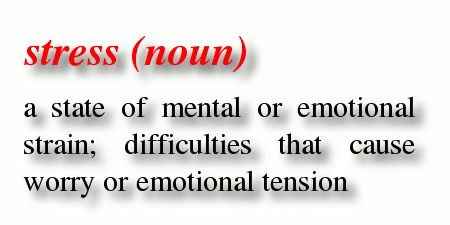
There are a number of things we can do to boost our defences, support and strengthen ourselves mentally and physically in order to deal with stress practically and appropriately. While some people can cope with stress well with little effect on their emotional and physical health, for others it can cause fatigue, chronic headaches, irritability, appetite changes, memory loss, low self-esteem, nervous twitches, cold hands, lowered libido, poor sleep and gastrointestinal problems.
Stress may also lead to depression and other psychological difficulties including anxiety, panic attacks, obsessive-compulsive disorder and post-traumatic stress disorder. While stress is often considered a psychological or emotional problem, it actually has very strong physical effects. The physiological changes in response to stress include an increase in adrenaline secretion, higher blood pressure, increased heart rate, muscle tension, slow digestion, a release of fats and sugars from storage in the body, higher cholesterol levels and risk of blood clotting leading to increased risk of heart attack.
When stress hormones cortisone and cortisol are released, the immune system is suppressed, which can make the body vulnerable to colds and infections and delay healing.
For those concerned about their weight, cortisol is bad news because it encourages fat to build up around the midsection. It may also deplete the body of potassium, magnesium and calcium, leading to complex nutrient deficiencies.
Diet and Stress
I recommend for those under extreme or prolonged stress to aim to eat a diet rich in colourful, raw fruit and veggies.
Fruit and vegetables in their uncooked state provide a myriad of valuable vitamins and minerals as well as flavonoids, which are compounds that scavenge and neutralise damaging free radicals.
It’s best to avoid or reduce foods that create stress on your system. These include processed foods, artificial sweeteners, fizzy drinks, chocolate, fried foods, refined sugar, white flour and foods containing artificial preservatives.
It can be tempting to reach for sweet or stodgy comfort foods when under stress as they offer some temporary relief by encouraging a rise in brain serotonin, our ‘happy hormone’. But it’s not a permanent solution, and a crash in energy and mood is often what follows a sugar high.

Stress and Caffeine
Caffeine intake is best limited as it stimulates your adrenal glands to produce more stress hormones, increasing nervousness and disrupting sleep. Chronic caffeine intake from tea and coffee, energy drinks and caffeinated soft drinks has been associated with anxiety and depression as it may alter normal brain chemistry. Try decaffeinated versions while you’re transitioning, if you do decide to cut out or reduce caffeine.

Stress and Stimulants
While alcohol, tobacco and mood-altering drugs may feel like they offer temporary relief, they don’t actually address the problem and further harm your health by depleting important neurotransmitters. Studies have found that alcohol significantly increases anxiety as it increases adrenal hormone output and interferes with brain chemistry.
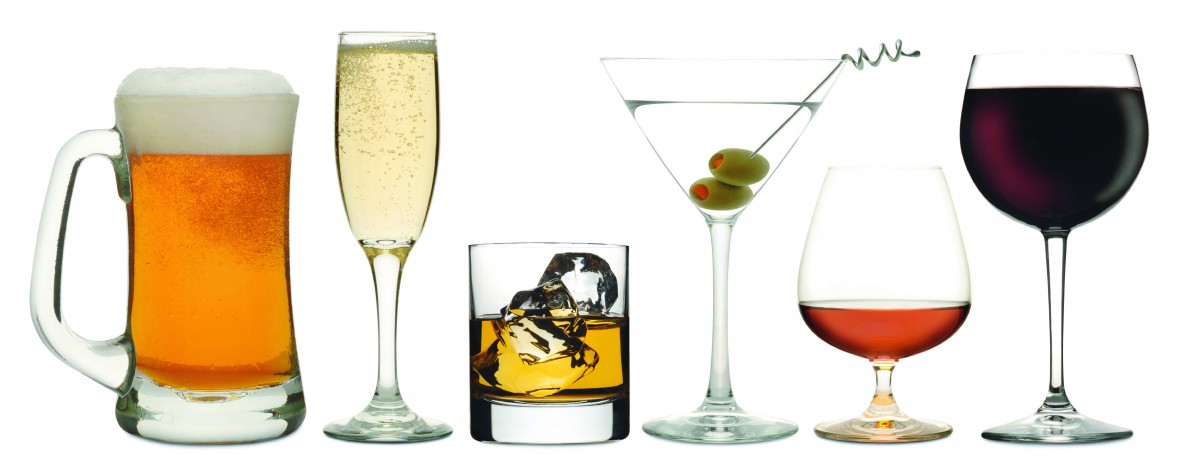
Reduce Simple Carbs
It is important to reduce your intake of refined carbohydrates, such as refined sugar and white flour products when under stress or suffering from anxiety, and to focus on slow-release complex carbs packed with fibre and nutrients. Good examples of these include oatmeal, quinoa, brown rice, sweet potato, squash, millet, buckwheat and amaranth.

Increase Healthy Fats
The essential omega-3 fat found in avocado, walnuts, hemp, chia, flaxseeds and wild salmon, if you’re a fish eater, are essential for helping to reduce inflammation in your body and protect your brain and nervous system. Aim to incorporate healthy sources of fat into your diet each day.
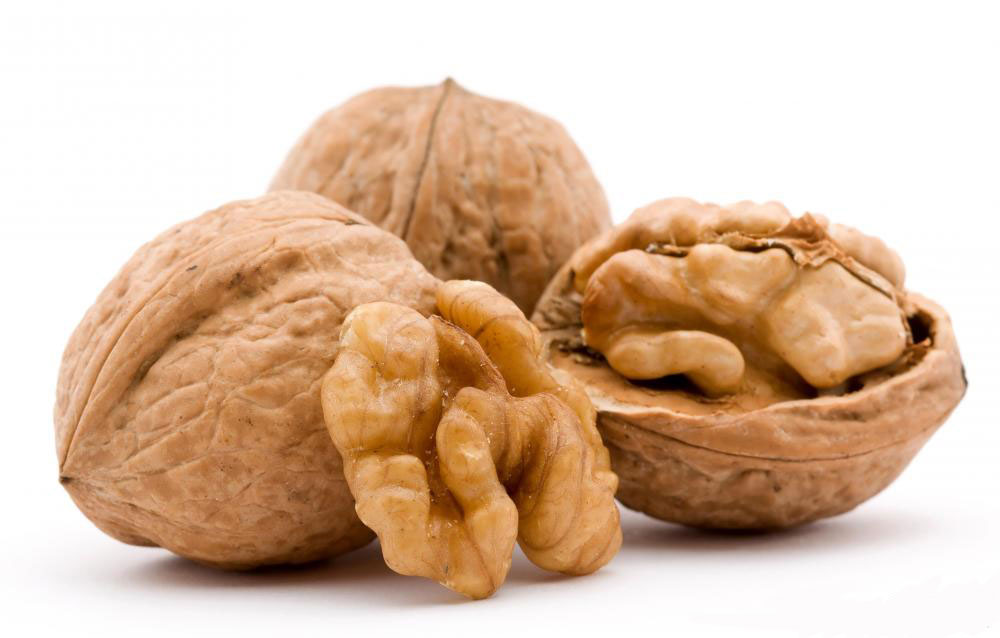
Eat Magnesium-Rich Foods
Magnesium is nature’s own sedative, helping to relax your muscles and calm a frazzled nervous system. Magnesium can also help to decrease stress and anxiety, and encourage restful sleep. Some of the very best source of magnesium include leafy green vegetables such as spinach and kale, nuts and seeds including almonds and cashews, beans and pulses, avocados, brown rice, dark chocolate and oatmeal.
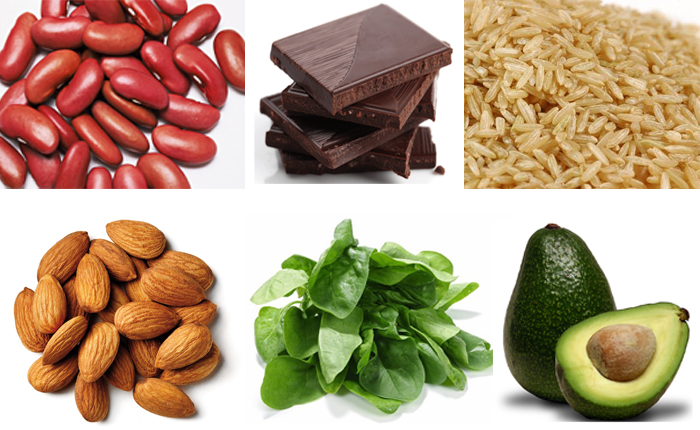
Increase Potassium to Reduce Stress and Anxiety
Finally, one of the most important dietary recommendations I can make in relation to stress management is to ensure that there are adequate potassium levels in your body to properly support your adrenal glands. This means eating plenty of fruit and vegetables and limiting salty foods to ensure a healthy potassium to sodium ratio, recommended at >5:1. Most fruit and vegetables have a potassium to sodium ratio of >100:1. Some of the best sources of potassium include avocados, bananas, dark leafy greens, baked sweet potato, melon, white beans and dried apricots.
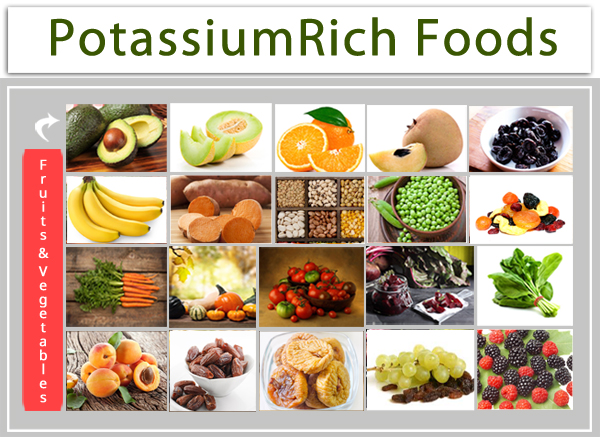
More Tips to Beat Stress:

Meditation
Hydrate Well: To help strengthen your resilience to any stresses you encounter, drink at least 2 litres of water per day.
Sleep well: Sleep is a time when the body renews and regenerates. It also helps to clear emotions and tension that may be still pent up in the autonomic nervous system. Practice sleep hygiene, dim lights after 8pm, turn off computers and electronic equipment at least one hour before bedtime as the visual stimulation keeps the brain engaged and alert. Aim to get at least 7 to 8 hours of sleep per night.
Exercise: To burn off any additional cortisol that may be lingering in the body, though not too close to bedtime as it may be stimulating and keep you awake. Try incorporating yoga, Pilates, or swimming into your weekly routine and feel the calming benefits.
Breathe: Practise deep breathing techniques and try meditation to help your mind unwind.

